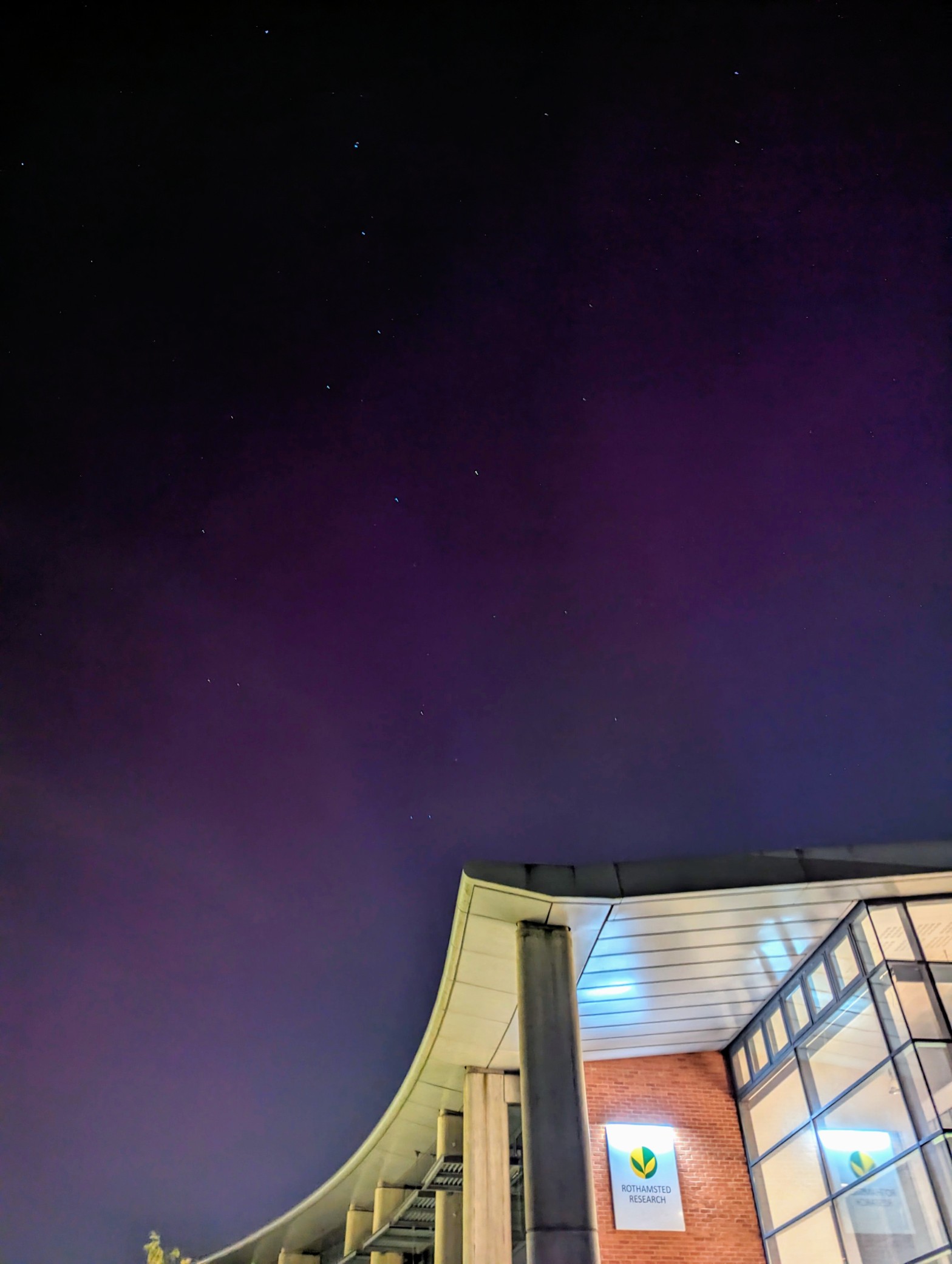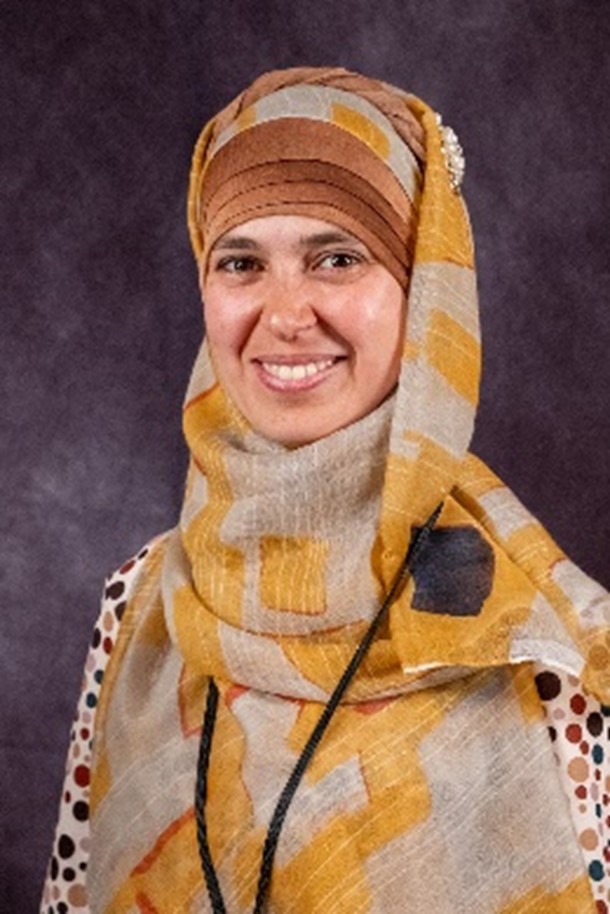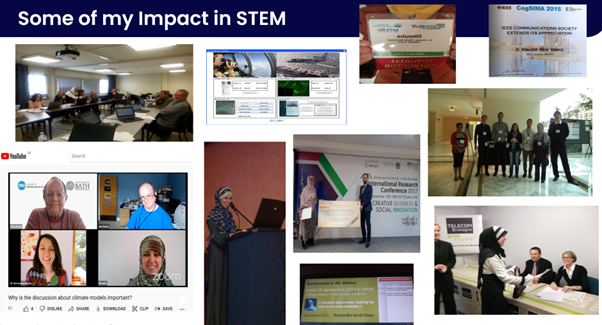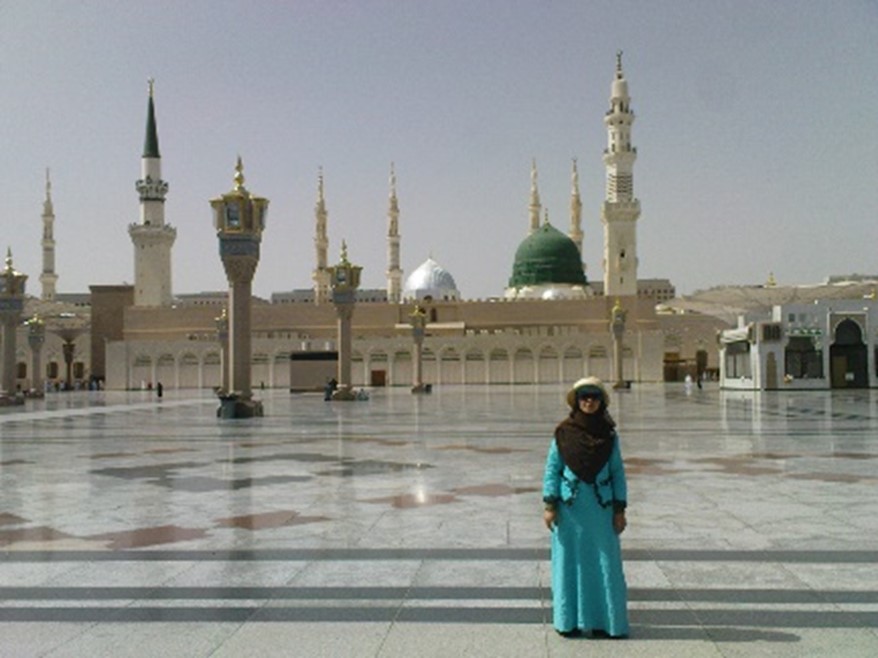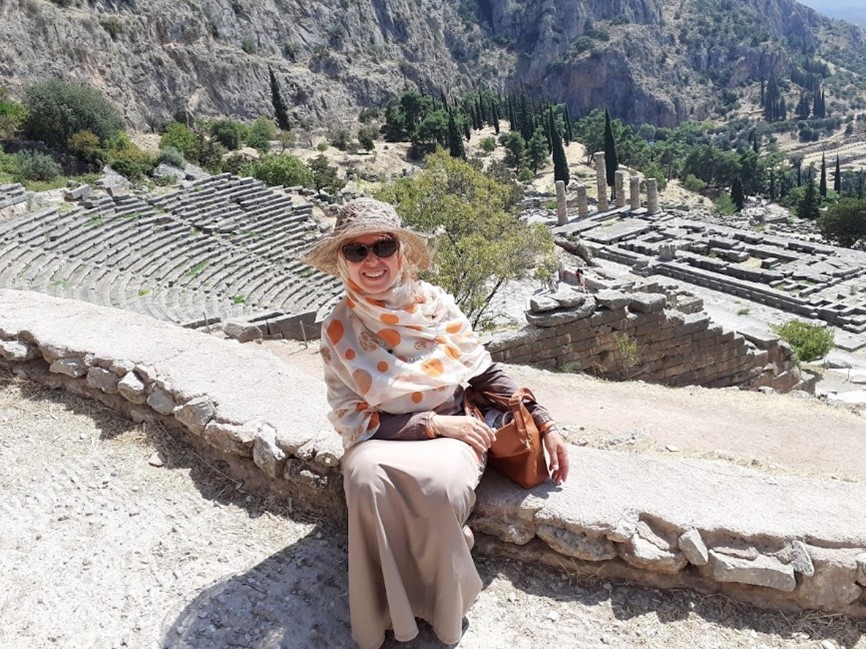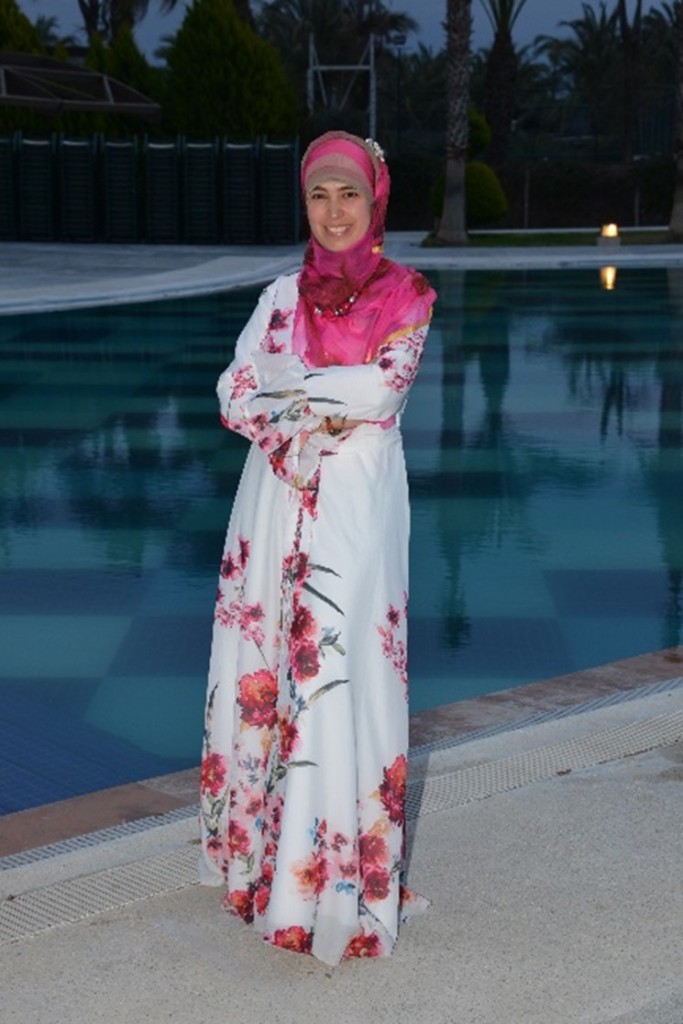
Mary is a Research Fellow in Food Systems with the Applied Mycology Group at Cranfield University. Her passion to reduce food waste and postharvest losses has propelled her into research that focuses on assessment of food contamination and food loss along the value chain and deciphering sustainable mitigation measures. She aims to reduce the environmental impact of post-harvest losses and to better the lives of all stakeholders along different food value chain.
Mary will be presenting her research at the CentreMK on Saturday 6th July. Here she gives us a preview of her career and scientific research.
Growing up, I was caught between agriculture and a vocation with people at the heart of it. My father in his active years was an agriculturist. He worked with ministry of agriculture as an Agriculture officer, taught agricultural science in senior secondary schools and had a farm where he produced staple crops such as cassava, maize and yam. My visit to the farm during harvest season was sparse compared to my older siblings, but agriculture was simply part of us in the family.
My career journey started as a Research Scientist in the Food Technology Department of a Research Institute in Lagos, Nigeria. I was involved in research and development of agro-allied products that varied across product development from fish, meat, rice, peanuts and other cereals and grains. My research activities during these years opened my eyes and heart to the different challenges along food supply chain. My passion and interest to improve food value chain by identifying problems associated with post-harvest losses and improving on existing indigenous process technology to give way to new ideas and technology was birthed.
One of my career goals is to remarkably contribute to solving problems related to food and nutrition security which has been linked to consequences arriving from post-harvest losses, climate change and food waste.
At this year’s Soapbox Science event, I will be talking about “The dangerous mould (Aflatoxin) in peanuts: separating the bad from the good”. A topic that stemmed from my research on “Investigating low-cost device for the detection and decontamination of aflatoxin in peanut value chain” aimed to better the economic return for peanut small-scale farmers and processors in Low- and Medium-Income Countries (LMIC).

Mary conducting laboratory research.
Aflatoxin has posed great economic challenges to stakeholders in the value chain of vulnerable crops such as peanuts, maize, and tree nuts. Discarding contaminated crops has also posed a menace to the environment. Aflatoxin is a toxic chemical released by certain species of fungi (Aspergillus flavus and Aspergillus parasiticus) during their metabolism. Some conditions such as poor agricultural practices, poor harvesting methods, poor post-harvest activities such as distribution and storage and climate change (humidity and temperature) permit the growth of this fungi and their metabolic activities that produces this toxin.
Aflatoxins can withstand high heat and so are difficult to remove during processing. They are highly carcinogenic, and consumption of food contaminated by aflatoxins can predispose such humans to hepatocellular carcinoma (HCC), renal cell carcinoma (RCC), teratogenic disease, compromised immune system, malnutrition, stunted growth in children, disability, and morbidity. Due to the public health significance of aflatoxin, different countries have set regulations stipulating allowable aflatoxin limits in foods and feeds. Owing to these regulations, there are negative impacts on the livelihood of small holder farmers because of economic loss generated from contaminated nuts rejection as well as consequent food and feed loss which has become a global concern.
Peanut is a prominent oil seed of economic significance due to its high nutritional composition and its contribution to soil fertility by its nitrogen release to the soil. It has various applications globally and is consumed in different forms such as snacks in raw or roasted form, peanut butter, peanut oil, peanut beverages, peanut paste, peanut flour, etc. Due to its appreciable nutritional profile, peanut has been used in the production of ready-to-use therapeutic food (RUTF), a world health organisation (WHO) endorsed food product for ambulatory management of uncomplicated cases of severe acute malnutrition (SAM) and moderate acute malnutrition (MAM) in children. It is also commonly used in weaning foods for infants and children in Sub-Sahara Africa (SSA), thereby predisposing this demographic to the danger of aflatoxin.
For aflatoxin management in peanut production and supply chain, use of Biological Control Agents (BCAs) along with Good Agricultural Practices (GAP) at the pre-harvest stage as well as GAP, Good Storage Practises (GSP) and efficient sorting and/or decontamination techniques are some of the many ways that not only help reduce economic loss for farmers but contribute to food safety.
One of the methods adopted in peanuts industry for sorting is the use of fluorescence sorting technique, which relies on the excitement of blue (in B series) and or green (in G series) fluorescence from contaminated kernels when exposed to UV light (360nm). This method is mostly unaffordable by small business owners because it is industry base, and expensive, requiring some level of technicalities. Hence, there is a need to implement the use of low-cost torches as a tool for sorting peanut in small and medium scale enterprises (SMEs) in low-income countries.

Mary presenting her research at a conference.
You can find out more from Mary at CentreMK on Saturday 6th July.












